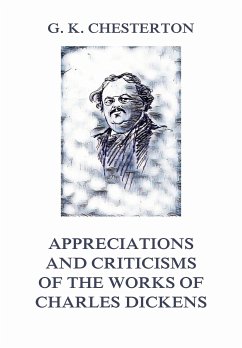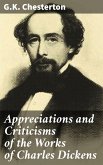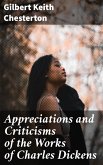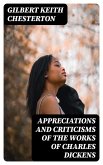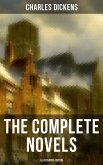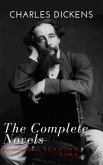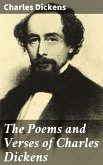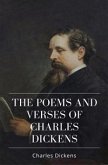This book may not be, Chesterton says, important as a contribution to history, but it is important as a contribution to biography; as a contribution to the character and the career of the man who wrote it, a typical man of his time. That Dickens made no personal historical researches, that he had no special historical learning, that he had not had, in truth, even anything that could be called a good education, all this accentuates not the merit but at least the importance of the book. For here, thinks Mr. Chesterton, may be read in plain popular language, written by a man whose genius for popular exposition has never been surpassed among men, a brief account of the origin and meaning of England as it seemed to the average Englishman of that age. This book will always remain as a bright and brisk summary of the cock-sure, healthy-minded, essentially manly and essentially ungentlemanly view of history which characterises the Radicals of that particular Radical era.
Dieser Download kann aus rechtlichen Gründen nur mit Rechnungsadresse in A, B, BG, CY, CZ, D, DK, EW, E, FIN, F, GR, H, IRL, I, LT, L, LR, M, NL, PL, P, R, S, SLO, SK ausgeliefert werden.

